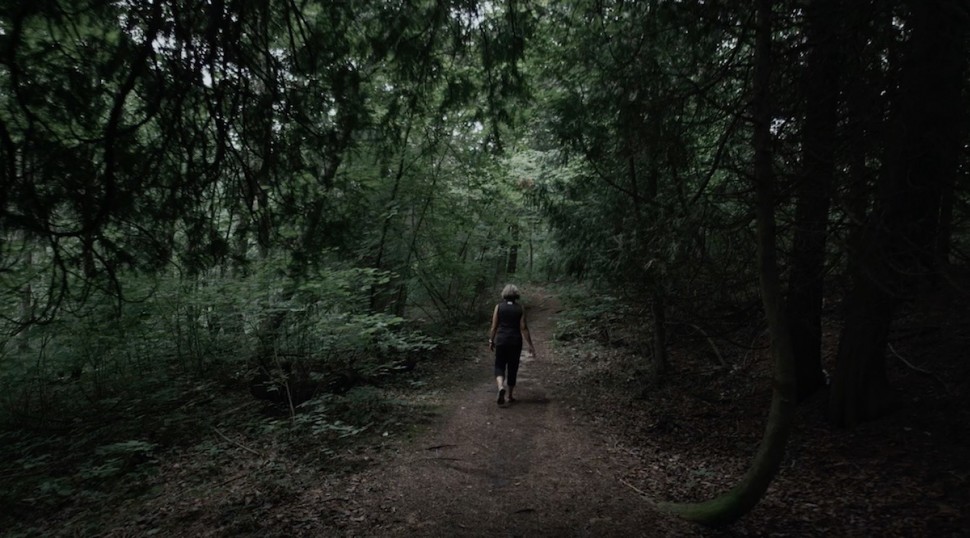EVANSTON --- Penny Beerntsen was assaulted by a man while running along a deserted beach in 1985. She identified Steven Avery as her attacker, and he was subsequently convicted and sentenced. But 18 years into his sentence, DNA evidence exonerated Avery, setting the stage for what would eventually become the “Making a Murderer” Netflix documentary series phenomenon.
In the moving and stylistically stunning short film, “Contaminated Memories” directed and produced by Northwestern University filmmaker Debra Tolchinsky and released Tuesday by The New York Times Op-Docs, Beernsten returns to the wooded beach in Wisconsin where she was attacked almost 35 years ago to explore how her memory could have betrayed her. It is the first time Beernsten has told her story on camera.
Op-Docs is The New York Times editorial department's forum for short, opinionated documentaries, produced with wide creative latitude and a range of artistic styles, covering current affairs, contemporary life and historical subjects. Launched in 2011, the Emmy Award-winning Op-Docs series releases about 40 films each year.
Tolchinsky’s short about Beerntsen’s case is released in advance of “True Memories and Other Falsehoods,” her in-process feature-length documentary that will weave together three criminal cases, each revolving around an investigation that leads to a false memory or a false belief, and ultimately a wrongful conviction.
In “True Memories and Other Falsehoods,” a woman misidentifies her assailant, an investigator elicits a false confession and a suspect becomes convinced he committed a crime that he did not commit. Informed by legal and scientific research, the film is a call for changes to investigative protocols that would reduce wrongful convictions as well as their far-reaching ripple effects.
The documentary is in development with Chicago-based production house Kartemquin Films, recipient of six Emmys, three Peabody Awards, and four Academy Award nominations for previous works such as “Minding the Gap” and “Hoop Dreams.”
Tolchinsky was the founding director of Northwestern University’s MFA program in documentary media and is the associate chair and an associate professor of radio, TV and film. She directed and produced the feature “Fast Talk,” which won Best Documentary at the LA Femme International Film Festival and Best Documentary Feature at the Chagrin Documentary Film Festival. Her work has been seen at such venues as the Sundance Film Festival, The John F. Kennedy Center, the Gene Siskel Film Center, and the Supreme Court Institute.


